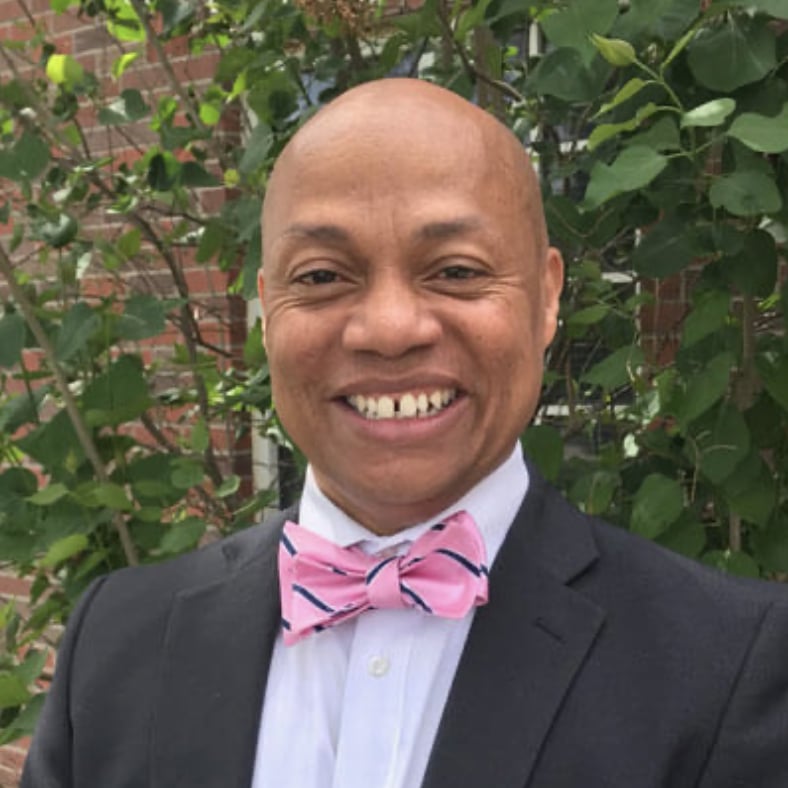One of the benefits of social media is that from time to time, I get the opportunity to meet someone whose work I’ve admired from afar. This past weekend was such an opportunity when I had the chance to meet a young man whose work I’ve enjoyed watching for the past year. As we exchanged introductions, our conversation quickly turned to the issues of culture. As a graduate student deeply involved in academia, he expressed his world’s challenges as Critical Race Theory (CRT) has invaded every facet of education. This bright young man holding a Biblical Worldview explained how everything he encounters is pushed through the lens of social justice. As our conversation continued, I asked, “Are there other students with whom you share the same worldview? Does anyone believe the way you do?” He responded, “Yes, we just don’t say anything. If we did, we would be shouted down for our perspective.” I completely understood his dilemma. However, this situation is not unlike the plight of generations of Christians that have gone before him. While we all need to be wise about speaking, being silent is not an option for the believer.
Christians are never to be silent about what we believe. We’ve been commanded in Scripture to be salt and light (Matthew 5:13–16 ESV). As such, we are a preservative for goodness and a light pointing others to Christ. Scripture calls us to be salt and light rather than silent or a majority. What has happened to Christian culture is that we’ve enjoyed the fruits of the gospel apart from being closely tied to the fight for the gospel. We’ve embraced cultural prosperity while abandoning Christian persecutions. The result is fewer lives transformed by the gospel’s power. As a result, what follows is a decadent culture. It’s time we abandon the idea that we can ever embrace being a “silent majority” as Christians.
Only in the current cultural milieu does Christianity embrace the idea that silence is akin to loving others. Nothing could be further from the truth.
Where did we get the idea that silence was an option? We are instructed to “…honor Christ the Lord as holy, always being prepared to make a defense to anyone who asks you for a reason for the hope that is in you; yet do it with gentleness and respect” (1 Peter 3:15 ESV). The Scriptures abound with men who stood for truth, even in the face of death. The idea of the “silent majority” was foreign to John the Baptist. He was placed in prison by Herod, who had married the wife of his brother, Phillip. It was John the Baptist who said, “It is not lawful for you to have your brother’s wife (Mark 6:18 ESV).” Only in the current cultural milieu does Christianity embrace the idea that silence is akin to loving others. Nothing could be further from the truth.
Secondly, we’ve embraced the need for a “majority.” Since when has God ever appealed to a majority of men? Time and time again, Scripture is replete with evidence contrary to the idea that a majority is required for God. Whether it was Moses (one man) against the might of the armies of Egypt or Gideon’s army of 300 men, God has always done more with a few than He determined to do with a majority of people. A majority consists of God and a willing servant.
So, how did we get here?
The climate of culture has shifted from one that embraces the Judeo-Christian worldview to one that repudiates every traditional cultural expression related to those founding principles. Basic ideas regarding anthropology—gender, race, ethics—now face the challenge for validity with each passing news cycle. We live in a world that is witnessing the overnight deconstruction of language and the meaning of words. New definitions, once foreign to many, are now being used to rebuild society. Words like White Guilt, White Fragility, Intersectionality, White Privilege, and Social Justice now command our attention as they serve as answers to the path for a better society. All of this seems to have happened overnight or at least over a short period. I’d argue that the “silent majority” has allowed the advancing of our current cultural crisis.
The climate of culture has shifted from one that embraces the Judeo-Christian worldview to one that repudiates every traditional cultural expression related to those founding principles.
In 1965, “peace-loving protestors” began to take to the streets during one of the most challenging times in our nation’s history. The entire flower of a post-modern culture had taken bloom as every traditional bulwark, political and social, was being torn down. The government, seen as the establishment, was not to be believed. The protesting of the Vietnam War catalyzed to seek redress in other areas of modern life.
President Richard Nixon popularized the term the silent majority during what became known as the Silent Majority Speech. In an attempt to appeal to the masses who were not demonstrating in the streets, Nixon, in a televised address on November 3, 1969, said, “And so tonight—to you, the great silent majority of my fellow Americans—I ask for your support.” Nixon was asking for the majority of the country to stand against the protestors and stand with him as he continued advancing the cause of the war.
This “silent majority” seemed to experience power as they said and did nothing. Remaining silent could now be seen as taking a stand. While this new disposition served President Nixon’s purposes, it did little to equip a generation in the habits of rigorous debate of ideas in the public square. Winning could be seen as remaining silent and hoping for a good outcome.
Some would argue that this silent majority represented many traditional church-going Christians who, until this point, had enjoyed the benefits of a Christian society grown unaccustomed to the defense of its worldview. This form of cultural Christianity, through silence, had demonstrated its weakening impact on the culture. Cultural icons able to articulate a deftly Biblical Worldview wouldn’t be heard from until the late 1980s with the resurgence of the “Religious Right.”
So, where do we go from here?
Scripture is clear, “…In this world, you will have tribulation. But take heart; I have overcome the world (John 16:33 ESV).” In his book The Art of Divine Contentment, Puritan Thomas Watson wrote, “A Christian is a military person, he fights the Lord’s battles, he is Christ’s ensign bearer. Now, what thought he endures hard fate, and the bullets fly about? He fights for a crown!” Paul, in writing to the Church at Philippi, makes things evermore clear as he writes, “For it has been granted to you that for the sake of Christ you should not only believe in him but also suffer for his sake,engaged in the same conflict that you saw I had and now hear that I still have. (Philippians 1:29-30 ESV).”
Believers need to develop a doctrine of suffering that embraces the challenges of the culture. Remember the words of Jesus, who instructed, “If the world hates you, know that it has hated me before it hated you.If you were of the world, the world would love you as its own; but because you are not of the world, I chose you out of the world, therefore the world hates you. Remember the word that I said to you: ‘A servant is not greater than his master.’ If they persecuted me, they will also persecute you. . .” (John 15:18-20 ESV).





